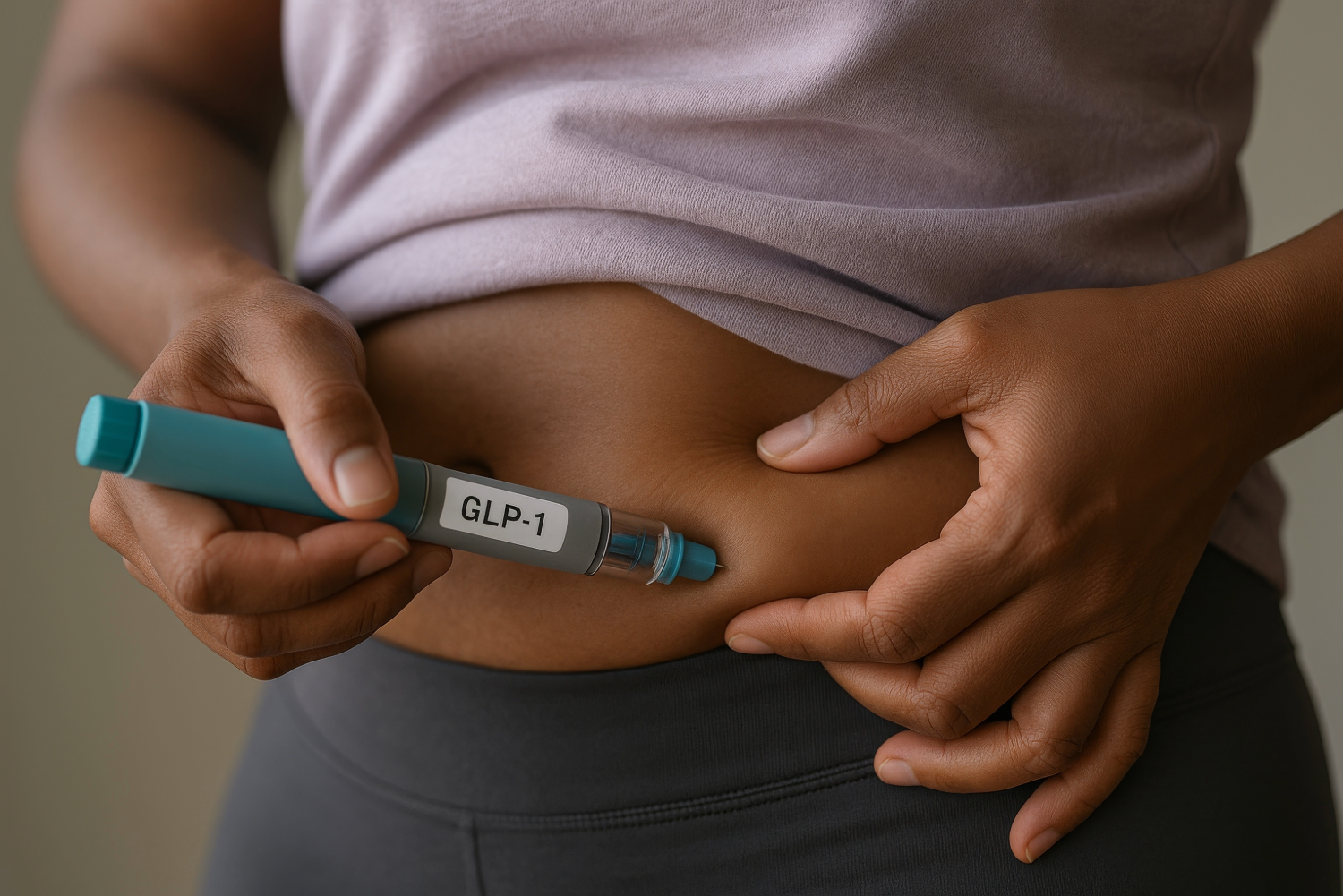News
Vitamin and Mineral Supplements: Good or Bad?
Dr. Dennis Lipton took a multi-vitamin most of his life. As a health conscious longevity-minded individual he wanted to make sure he was getting enough nutrients to fuel his active lifestyle. It seemed pretty logical said Lipton.
His perspective on vitamins changed when he learned of a study about smokers who were given beta-carotene supplements to see if it would reduce incidence of cancer. The idea for this study came from the observation that people who have high carotene levels have lower levels of cancer. The results of the study were shocking. It turns out smokers who took the beta-carotene actually had a higher incidence of cancer and overall death. Follow up studies have indicated there is a continued increased risk.
Dr. Lipton stopped taking his multi-vitamin and is asked regularly by his patients should I take vitamin and mineral supplements?
Dr. Lipton indicates that Our bodies are made to absorb nutrients in their natural state from food in just the right proportions and quantities. For example carrots contain not only beta-carotene but also alpha gamma delta zeta etc-carotene as well as a huge array of other phytonutrients like lycopene lutein polyacetylenes terpenes and polyphenols just to name a few. These nutrients in food are meant to be consumed and absorbed together in a harmonious manner controlled by your digestive system.
This is analogous to a symphony orchestra with all the instruments playing their part to produce beautiful music said Lipton. Getting an abnormally high amount of one vitamin or mineral is like having way too many trumpets playing too loudly. It throws off everything.
Individual nutrient supplements adversely affect absorption and function of other nutrients in ways that we don't fully understand. This can transform a normally benign or helpful substance into an apparent carcinogen just like what happened in the beta-carotene study mentioned above.
However vitamins do prove to be an asset to some. Vitamin supplements are beneficial for people who cannot meet their nutrient needs. Patients with malnutrition cancer liver or kidney disease and alcoholics will need supplements to maintain good health. Individuals with these health conditions will almost always be under the care of a physician receiving proper treatment and monitoring.
In other instances Dr. Lipton may recommend vitamin D to people living in northern latitudes with low sun exposure during winter months. Vitamin B12 may be recommended for people who avoid animal products and those on long term acid-reduction therapy such as Omeprazole Nexium and the like. Dr. Lipton is quick to point out that these are special cases.
For the general population there are simply no documented health benefits of packaged vitamin and mineral supplements. There are however documented harms. The best insurance that you are getting enough nutrients to thrive is eating a variety of whole foods like vegetables fruits legumes nuts and seeds every day preferably with every meal.
For a complete breakdown on nutrients Dr. Lipton recommends referencing a food nutrient scoring system called ANDI. ANDI stands for Aggregate Nutrient Density Index a scoring system that rates foods on a scale from 1 to 1000 based on nutrient content. ANDI scores are calculated by evaluating an extensive range of micronutrients including vitamins minerals phytochemicals and antioxidant capacities.
The best supplements are derived from ultra-high-nutrient foods which Lipton encourages we consume in large amounts through our daily diets.
About Dr. Dennis Lipton - Internal Medicine | (970) 926-6340
Dennis Lipton MD is a board-certified internist trained in the essentials of primary care and disease prevention and can help ensure patients receive the proper medical screening tests and immunizations.
More News
-
New!
More

The Heart of It All: How Cardiovascular Health Shapes Longevity
Most of us know a healthy heart will increase our chances for a long and vital life, but how many of us truly understand how to live for a healthy heart? According to the American Heart Association, heart disease remains the number one cause of death, for both men and women, in the United States.
-
New!
More

GLP-1s and Your Health Journey: What You Need to Know
Interest in GLP-1 agonist medications, once used almost exclusively for diabetes, is soaring. Now widely referred to as weight loss injections, drugs like semaglutide (Ozempic, Wegovy) and tirzepatide (Mounjaro, Zepbound) are ubiquitous in celebrity chatter, social media and everyday patient conversations. But as demand grows, it’s increasingly important to separate hype from reality. Who qualifies for these drugs under FDA guidelines? When are they helpful? And when might carefully supported lifestyle changes offer a safer or more sustainable path?
-
New!
More

Back on the Slopes: How to Recover Physically and Mentally After a Ski or Snowboard Injury
Living in a ski town, injury is inevitable. Recovery isn’t just about regaining strength, it’s about building trust in your body. The best path back to skiing blends physical training with mental conditioning, patience with persistence. With the expert teams at Vail Health - from Howard Head Sports Medicine to Vail Health Behavioral Health - recovery is more than healing; it’s coming back stronger, smarter and more confident than before.





